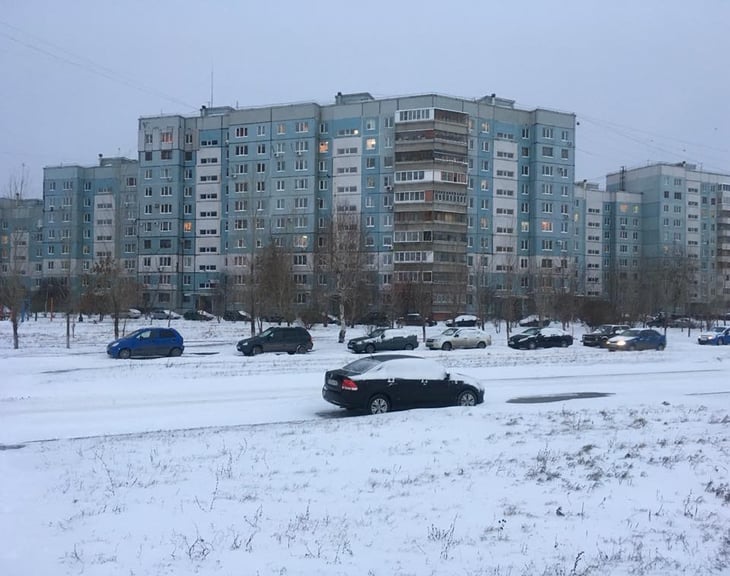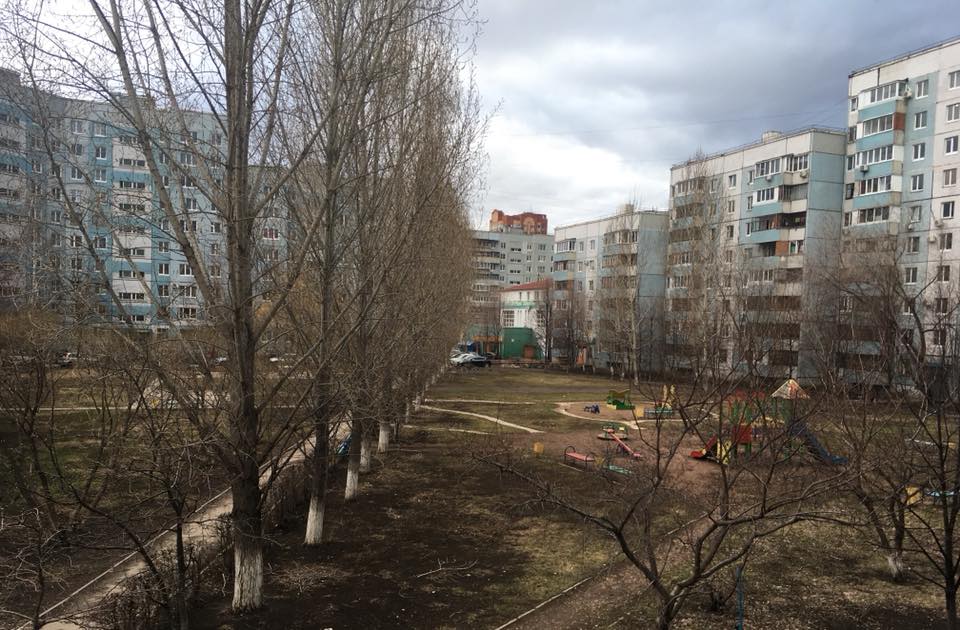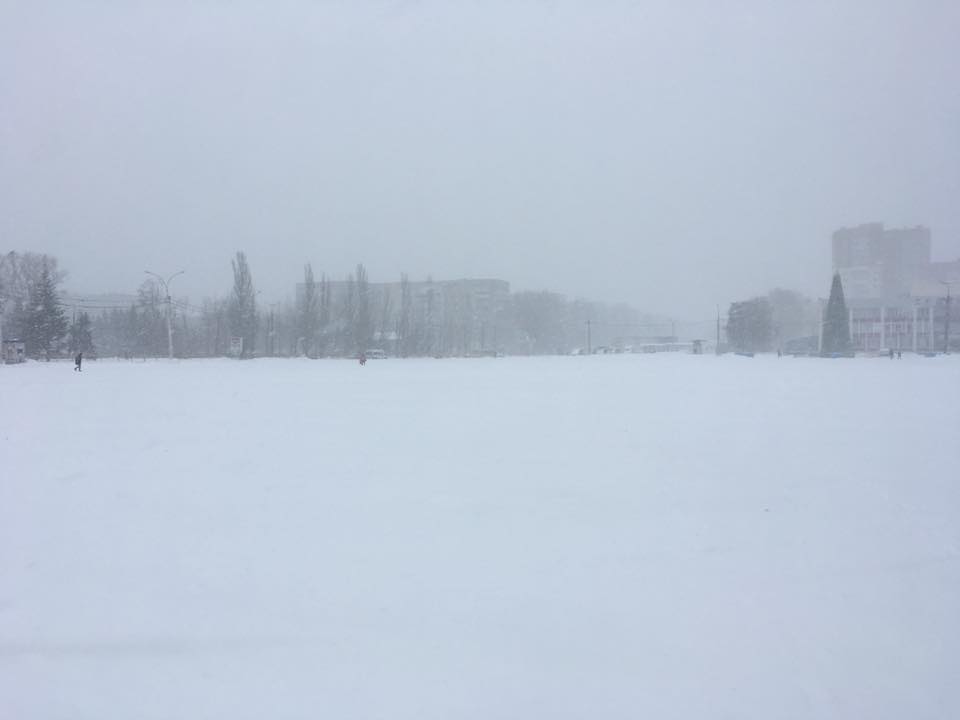The Pros & Cons of Teaching English in Russia
International TEFL Academy (ITA) Alumnus Charles Orth outlines the pros and cons of teaching English in Russia.
Written By: Charles Orth | Updated: June 29, 2023
Written By: Charles Orth
Updated: June 29, 2023

Teaching English abroad in Russia can be a highly rewarding and challenging experience for language educators. With its rich cultural history, vast landscapes, and diverse population, Russia offers a unique setting for teachers to hone their craft and make a difference in the lives of students.
However, like any international teaching experience, there are both pros and cons to consider before embarking on this journey. In this article, International TEFL Academy graduate Charles Orth will explore some of the advantages and disadvantages of teaching English in Russia, providing valuable insights for educators looking to make an informed decision about their next career move.
PROS OF TEFL IN RUSSIA
1. Some Things are Easier in Russia
If you want contact lenses in the United States, you have to get an eye exam and a prescription before you can order them. In Russia, you can literally go to a vending machine and get them. Public transportation in Russia is great. It’s not fancy, but you can go almost anywhere on a bus, so you don’t have to worry about car payments, car insurance, car maintenance, etc. The last one isn’t too serious, but Russian price tags have all taxes included; you don’t have the tax-guessing game at the register that we do in the United States.
 2. Employer Benefits and Assistance
2. Employer Benefits and Assistance
Schools in Russia give benefits often unheard of in the United States. All Russian employees receive four weeks paid vacation, regardless of tenure. My employer also pays my health insurance, rent, and flight home. These benefits not only enhance your compensation package, but also make your life simpler, as not having to worry about paying bills makes things a lot simpler.
And Russian schools do a great job in helping their foreign employees feel comfortable. If I ever have any issue with my job or life in Russia in general, I know that I could go to administration and they’d be willing to help me.
3. The Students
I know it sounds cliché, but my students are great, both the teenagers and adults. My teenagers have the typical problems that all teens can have (not doing homework, not speaking English, etc.) but they’re generally respectful and fun to teach. Some of the younger ones have never met an American before, so they can be very interested in you and want to know about your life.
Adults generally study English to enhance their career opportunities, so they usually take the courses seriously. All of the students are usually fair and respectful to the teachers; as long as you’re putting in the effort for their lessons, they’ll appreciate you.

CONS OF TEACHING IN RUSSIA
1. Some Things are Easier in the United States
If you want to change information linked to your American bank account, you can usually change it online. In Russia, even minuscule change require you to go to the bank with your passport and speak to a banker. Using public Wi-Fi requires you to register your phone number via an SMS confirmation code before you use it; there’s no “one-click connect” like in the United States. If you want a haircut or to go to a nice restaurant, you need to make a reservation, which can be difficult if you don’t know Russian.
The last one that is more difficult is breaking a large banknote. In the United States, you can break a huge banknote with a very small purchase. In Russia (and much of the world) the cashier will either give you a very dirty look or just refuse to accept the bill, so trying to break a large note can be an adventure.

2. The Language Barrier
Compared to the rest of the world, Russia’s behind the curve, in terms of English. It’s getting a lot better and more and more young people study it, but it can be hard to find someone that speaks it at a conversational level (it’s sort of like how we Americans study Spanish. Most of us have studied it at some point, but few people can speak it well). Amongst adults, unless you’re lucky enough to run into a businessperson, it’s pretty much non-existent.
While this is a linguistic benefit, as it forces you to learn the language, it can cause some difficult situations when you and the other person simply cannot communicate. Adding to the problem is that Russians don’t really do a good job at adjusting their speech for foreigners (using simpler words or speaking more slowly). Many times they just say the exact same thing, just louder and louder!

3. Currency Swings
Most schools in Russia pay in Russian Rubles, one of the world’s most volatile currencies. Sanctions, geopolitical events, and the financial market can swing the ruble by large amounts in a short amount of time. I learned this the hard way when in one week, my bank account lost about four hundred dollars’ of value (in USD.)
That’s why it’s better to spend your rubles as soon as you can (or transfer them to an American bank account with Western Union or a similar service [the currency exchange fee is worth it.]) Exchange rates are something you don’t really think about when you’re paid in a stable currency but when you’re paid in a volatile currency, it’s certainly something to watch. I never envisioned myself having to check exchange rates multiple times per day, but that’s the reality of being paid in rubles.
Posted In: Teach English in Russia, Teach English in Europe
Charles Orth
An ITA graduate, Charles is a 27 years old and from Middletown, Ohio. He graduated from Miami University with a double major in Spanish and Latin American Studies. After graduating, he taught English in Mexico for six months and spent the next three years working a regular job before deciding to teach English in Russia. He'd gone to Russia a year prior as a tourist and really enjoyed it, so he decided to go back and work there in Tol'yatti.
Want to Learn More About Teaching English Abroad & Online?
Request a free brochure or call 773-634-9900 to speak with an expert advisor about all aspects of TEFL certification and teaching English abroad or online, including the hiring process, salaries, visas, TEFL class options, job placement assistance and more.






 2. Employer Benefits and Assistance
2. Employer Benefits and Assistance
